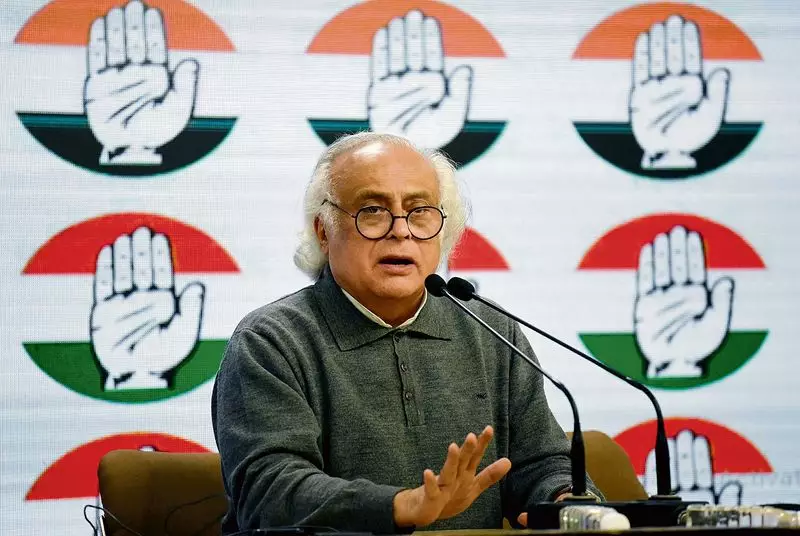
In a startling declaration that reframes India's environmental discourse, senior Congress leader Jairam Ramesh has labeled the country's escalating air pollution crisis as a direct threat to national security. The veteran politician's warning comes amid growing concerns about the impact of deteriorating air quality on public health, economic stability, and national sovereignty.
The Gravity of the Situation
Ramesh emphasized that air pollution has transcended beyond being merely an environmental or public health issue. He articulated that the crisis now poses fundamental challenges to India's security apparatus, affecting everything from military operations to economic productivity and social stability.
Political Response and Accountability
The Congress leader didn't mince words when addressing the government's response to the crisis. He criticized what he perceives as inadequate measures and insufficient urgency in tackling what has become one of India's most pressing challenges. According to Ramesh, the current approach fails to recognize the multidimensional threat that pollution represents to the nation's security interests.
Broader Implications
This warning places India's pollution problem in the same category as other traditional security threats, suggesting that:
- Military personnel face health risks during operations in highly polluted areas
- Economic productivity suffers due to workforce health issues
- International relations could be affected by cross-border pollution
- Social stability is threatened by health crises and environmental migration
Call to Action
Ramesh's statement serves as a clarion call for comprehensive policy reforms and immediate action. He stressed that treating air pollution as a national security threat would necessitate:
- Enhanced inter-agency coordination
- Increased budget allocations for pollution control
- Integration of environmental considerations into security planning
- International cooperation on transboundary pollution issues
The declaration marks a significant shift in how political leaders are framing environmental issues, potentially paving the way for more robust and urgent responses to India's air quality crisis.





